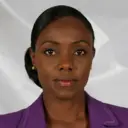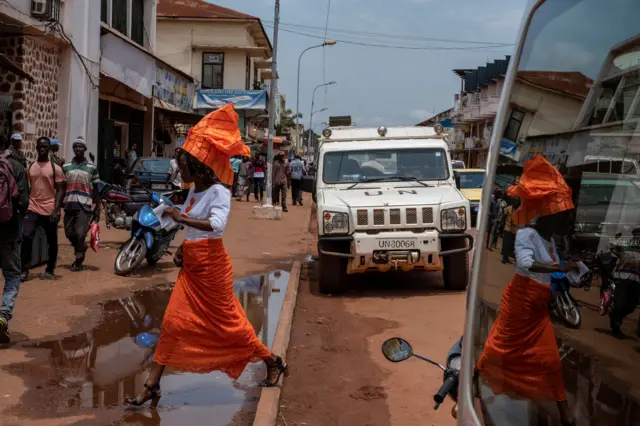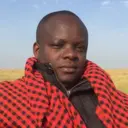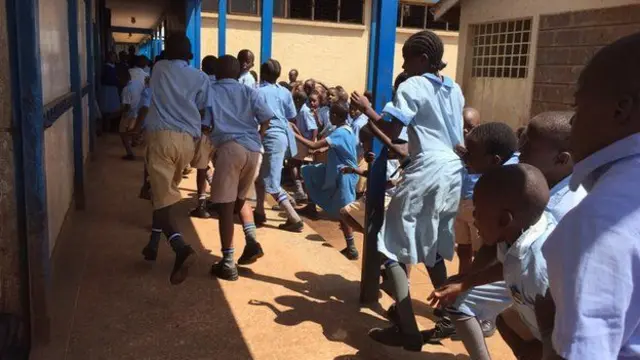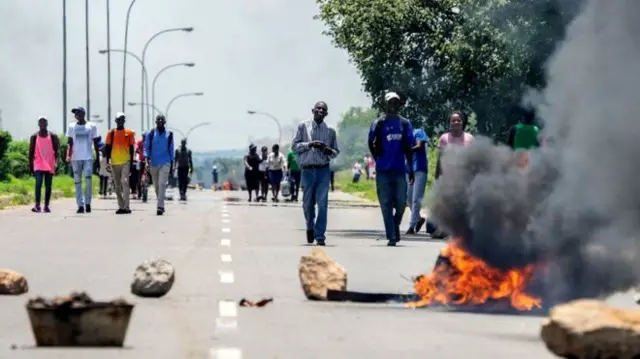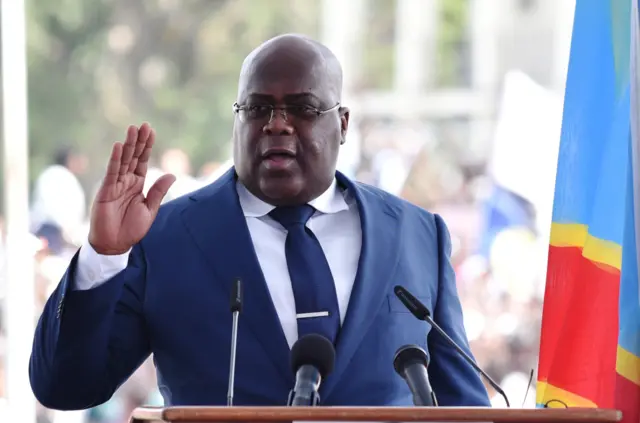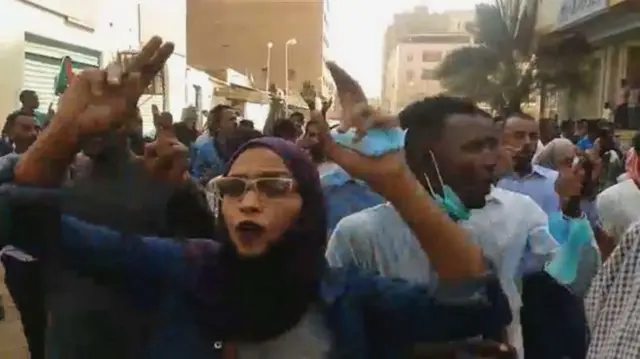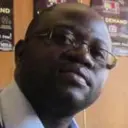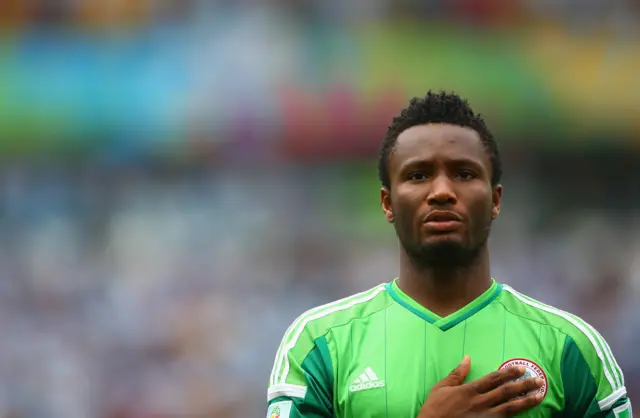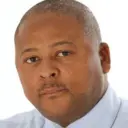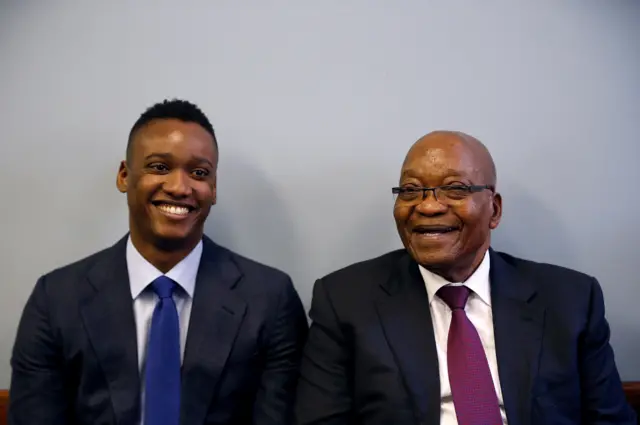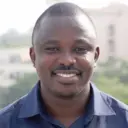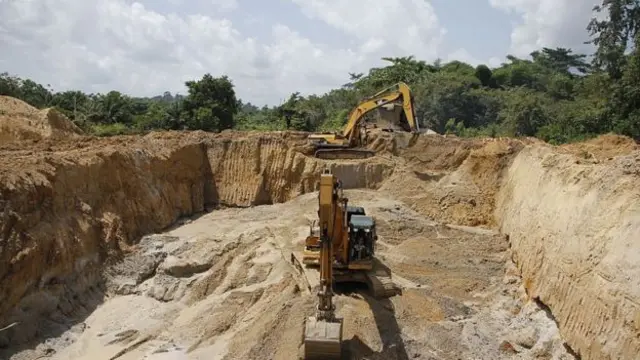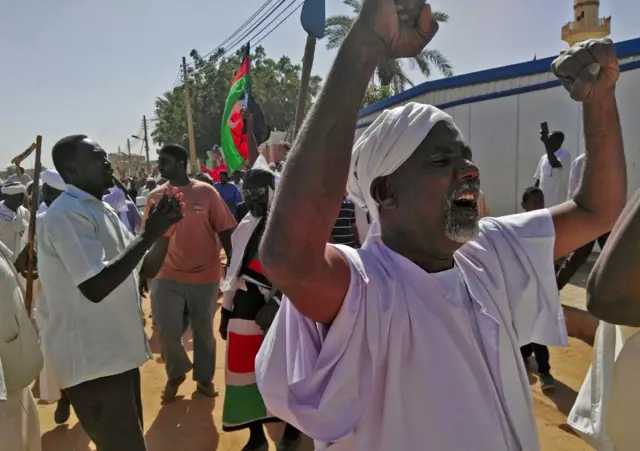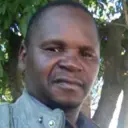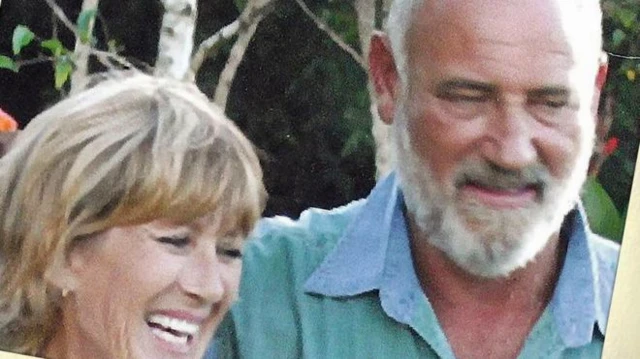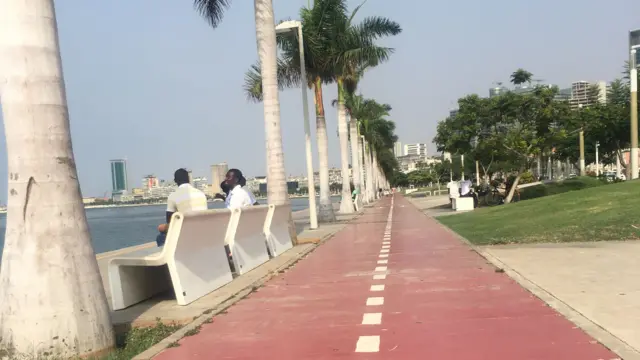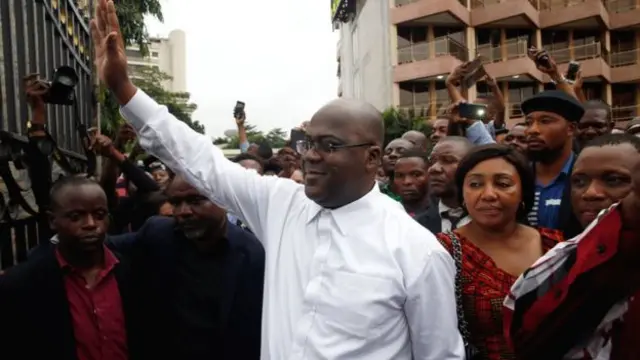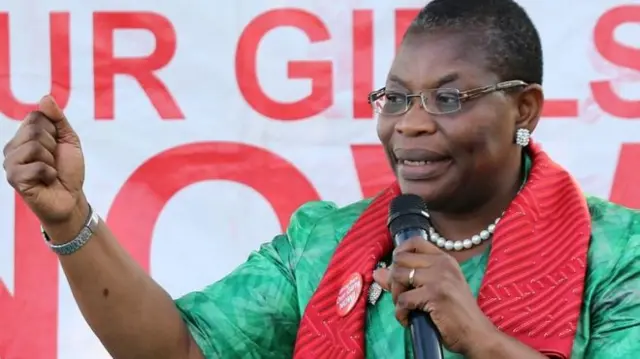Nigerian court gives order to stop trial of top judgepublished at 17:48 GMT 24 January 2019
 BBC World Service
BBC World Service
A Nigerian appeals court issued an interim order stopping a tribunal from charging the chief justice with breaching asset-declaration rules.
Nigeria's most senior judge is under investigation after hundreds of thousands of dollars were found in accounts the authorities say belong to him.
Chief Justice Onnoghen has maintained his innocence and his lawyer argued that the tribunal investigating him had ignored rulings from other courts.
He has been asked to appear before the Code of Conduct Tribunal for trial but says the tribunal does not have the authority to try him.

